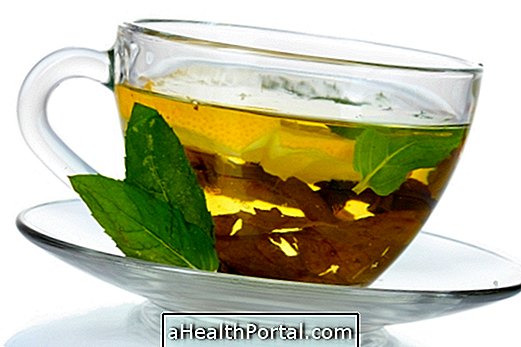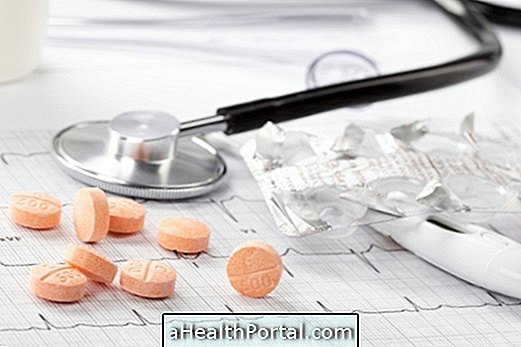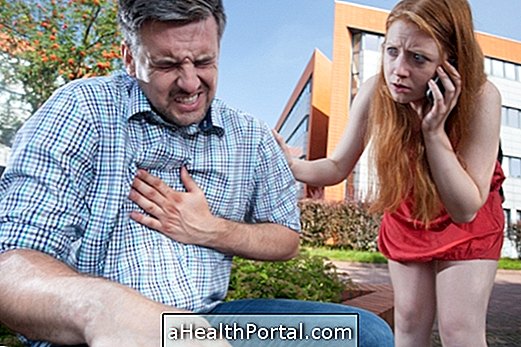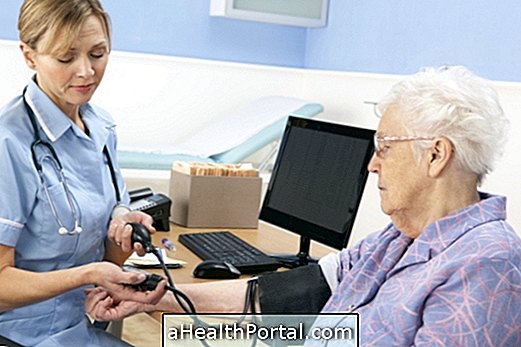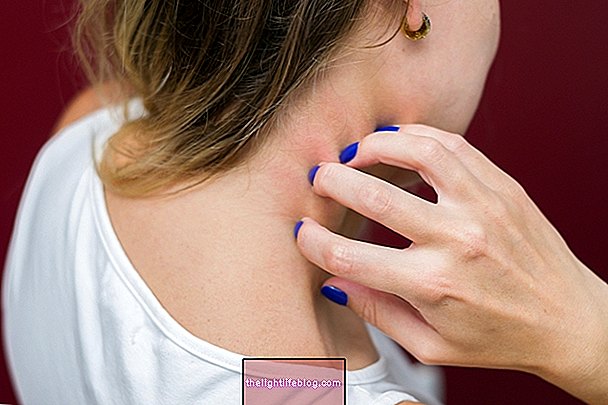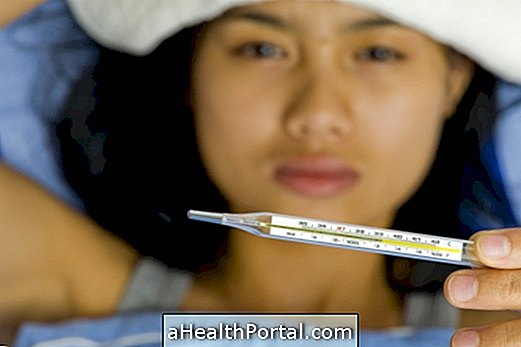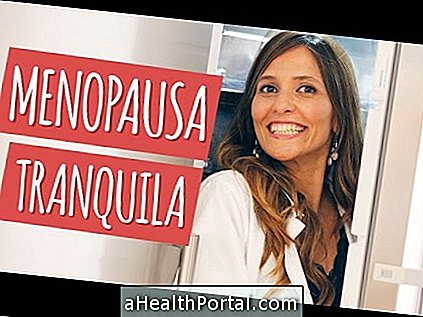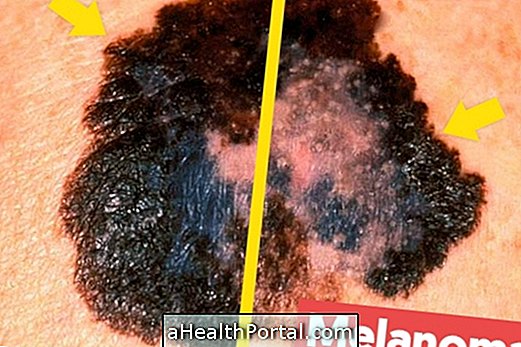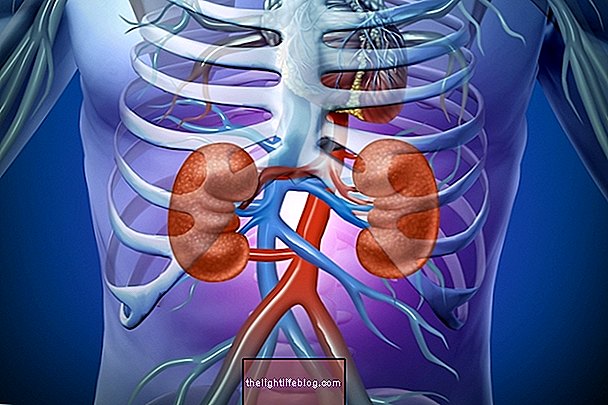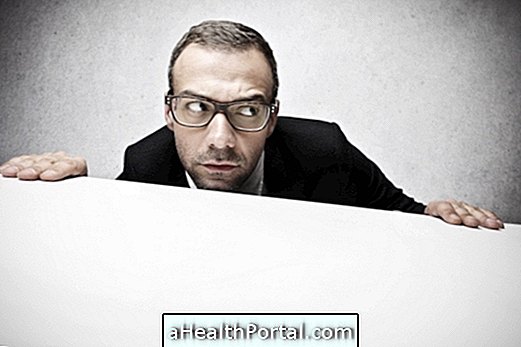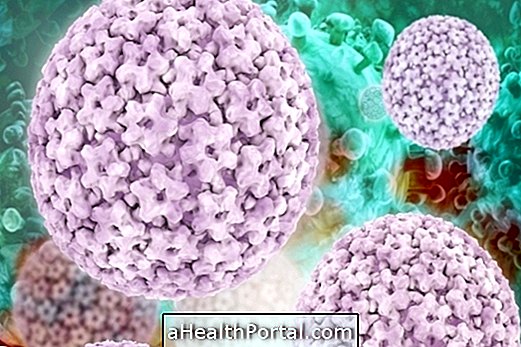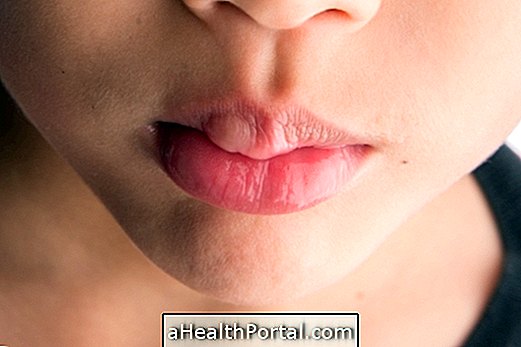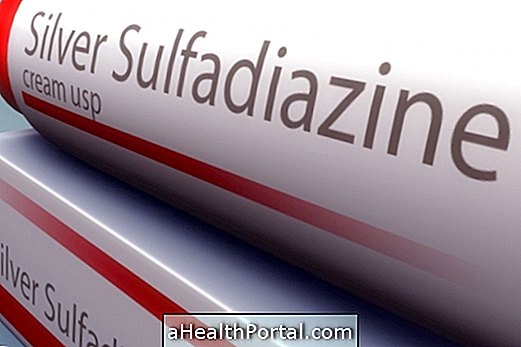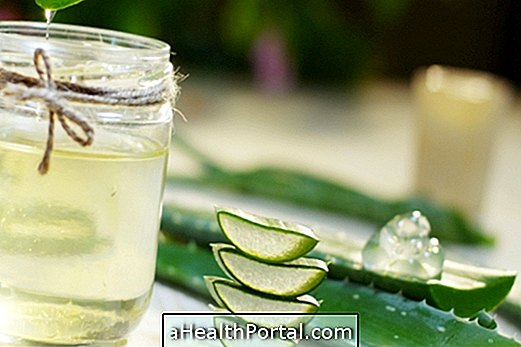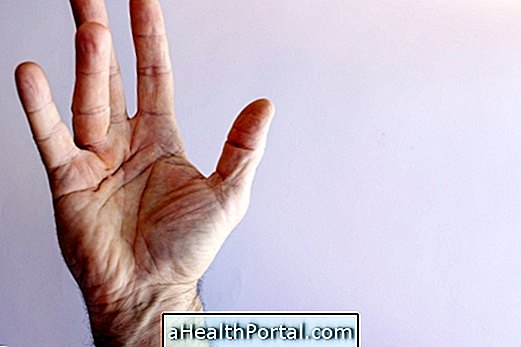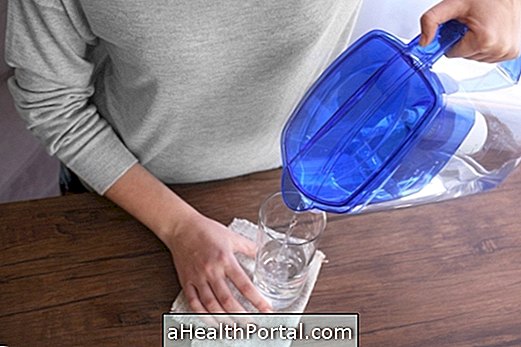High blood pressure, also called arterial hypertension, is characterized by pressure above 14 by 9 (140 x 90 mmHg). It is a chronic disease that has no cure and, when not properly treated, may increase the risk of developing serious health problems, such as heart attack, stroke or kidney impairment.
High blood pressure can not be cured, but it can be controlled with medications indicated by the cardiologist, as well as a diet low in salt and fat and regular exercise.
High blood pressure is a silent disease. Generally, it only causes symptoms such as dizziness, blurred vision or shortness of breath when the pressure is too high, during what we call a hypertensive crisis. In these cases, there is a rapid and severe increase in blood pressure with diastolic pressure levels, which should be lower than 90, above 120 mmHg, and it is recommended that the individual seek the first aid.
Patients already hypertensive, in daily use of medication, may present increased pressure values even without feeling anything. In such cases, it is usually recommended to take an extra dose of the medication that the patient already uses and consult the cardiologist for reassessment and adjustment of treatment.

High Blood Pressure Symptoms
Pressure symptoms do not manifest in all patients, but may include:
- Numbness;
- Dizziness;
- Pain in the nape;
- Difficulty breathing;
- Blurry vision;
- Chest pain.
If the individual begins to have these symptoms, he should be taken to the hospital for evaluation.
However, it is normal for blood pressure to increase in situations such as fright, bad night sleep, after a discussion or during and after physical activity, not necessarily a sign of health problems.
How to tell if the pressure is high
The only way to know if the pressure is really high is by measuring the pressure with specific devices. Here are the steps you need to take to properly measure pressure:

Treatment for high blood pressure
Treatment for high blood pressure can be done with the daily intake of antihypertensive drugs, such as Enalapril, Losartan or Lisinopril, for example.
In addition, to help treat high blood pressure, it is recommended to have a low-fat, nutritionally prescribed diet and to practice regular physical exercise as directed by a physician and a physical trainer.
The hypertensive patient should follow up with the cardiologist every 3 months or as directed by their physician.
Know what to do at high blood pressure in pregnancy.
Feeding for high pressure
The high pressure feed includes:
- Avoid salt consumption, not exceeding 2 g of salt per day;
- Avoid preparing foods with salt, preferring other seasonings such as herbs, thyme, bay leaves, oregano, parsley, onion, lemon or basil, for example;
- Do not consume industrialized foods such as sauces, sausages, preserves, canned, frozen and snacks;
- Avoid consuming coffee, sweets, fried foods, soft drinks and red meats.
- Increase consumption of fruits, vegetables, vegetables and white meats.
The use of aromatic herbs and spices enhances the taste and aroma of the preparations, being important substitutes of the salt of kitchen.
Causes of high blood pressure
The causes of high blood pressure are related to genetic factors, being overweight and having unhealthy lifestyle habits such as a high salt diet and not doing regular exercise. When it is not properly treated, high blood pressure can lead to serious consequences such as stroke, heart and kidney problems that can lead to death.
